August 27, 2024
Unveiling The Truth: Addiction Is A Family Disease
Discover why addiction is a family disease and learn how to heal together through support and understanding.

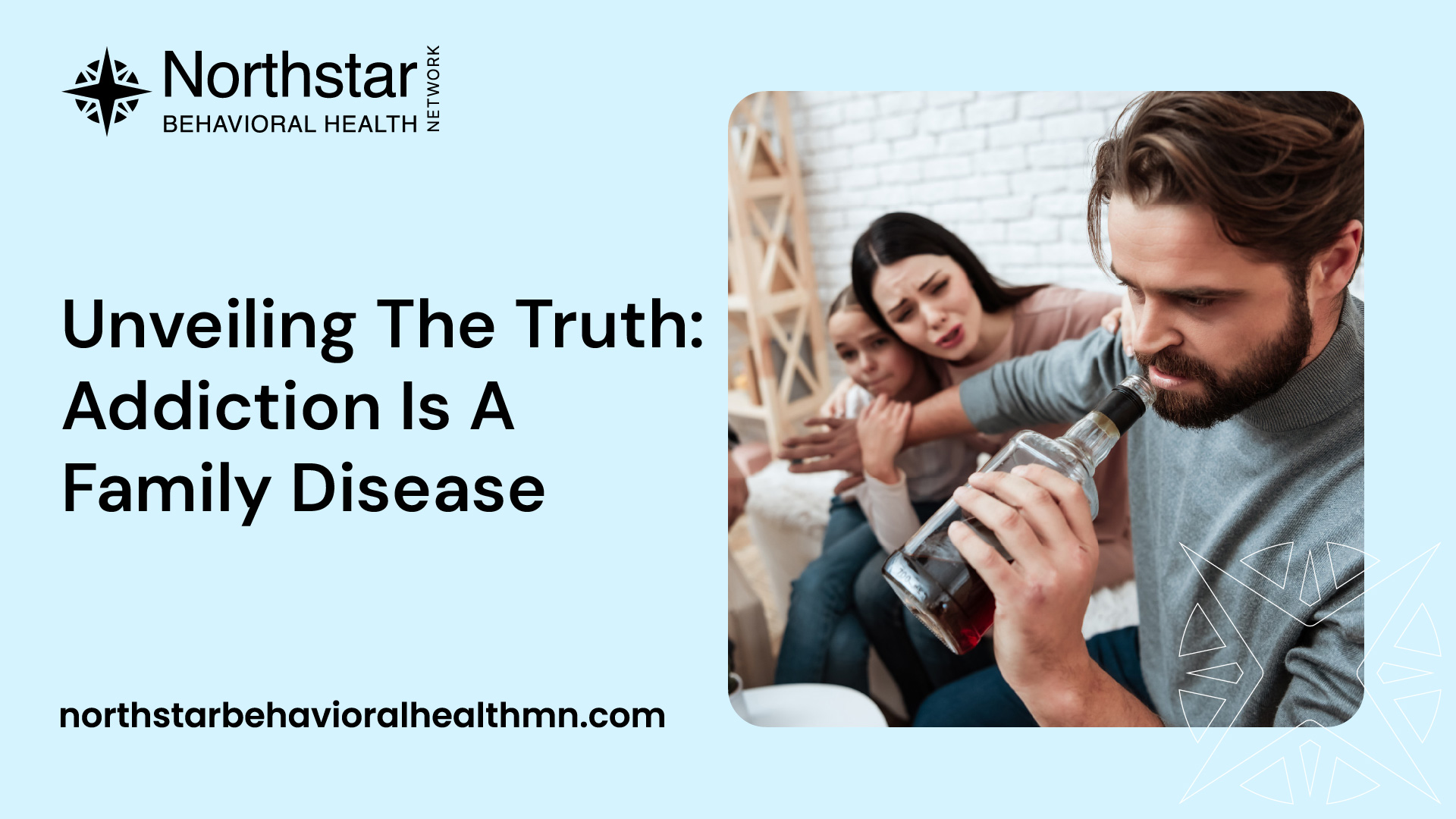
Understanding Addiction as a Family Disease
Addiction is often viewed as an individual struggle, but it significantly impacts family dynamics and relationships. Recognizing addiction as a family disease helps to understand how it affects everyone involved.
Impact of Addiction on Family Dynamics
The presence of addiction within a family can disrupt relationships and alter family roles. Family members may find themselves adopting new responsibilities or changing their behaviors to cope with the situation. This can lead to an array of emotional responses, including anger, guilt, and confusion.
Family Role & Impact Description:
- Caregiver: Takes on extra responsibilities, potentially leading to burnout.
- Enabler: May unintentionally support the addictive behavior by providing resources.
- Scapegoat: Often blamed for family issues, leading to isolation.
- Hero: Tries to maintain family stability, often at the expense of their own well-being.
- Lost Child: Withdraws from family interactions, feeling neglected.
Understanding these roles can help families recognize their dynamics and begin to heal. For insight into how family members respond to addiction, refer to our article on six common roles of the family members of addicts.
How Addiction Affects Family Members
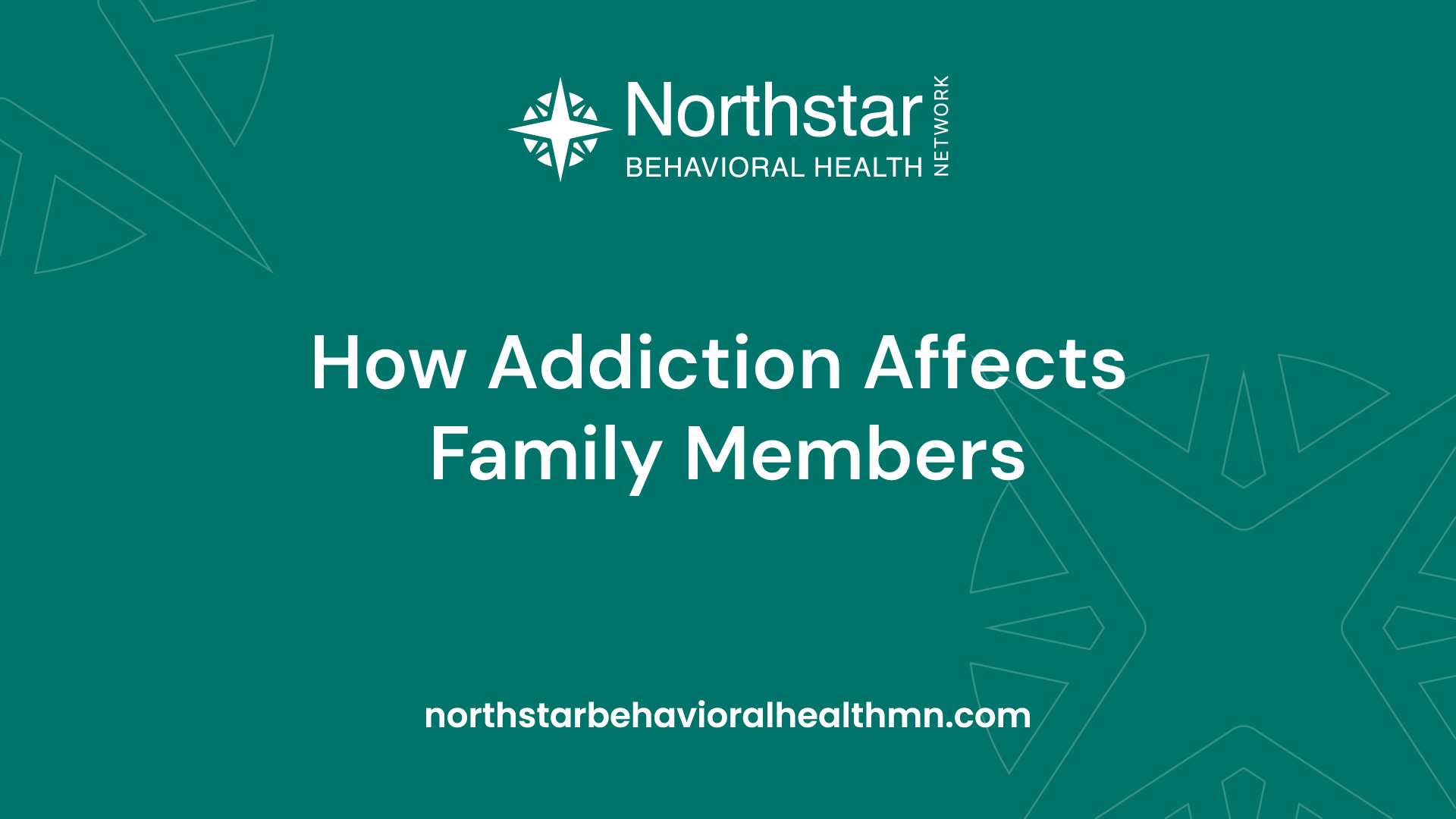
Each family member can experience the effects of addiction differently. They may face emotional, psychological, and even physical challenges due to the stress and uncertainty that addiction brings.
Common effects include:
- Emotional Distress: Family members may experience anxiety, depression, or feelings of helplessness.
- Communication Breakdown: Open lines of communication can become strained, leading to misunderstandings and resentment.
- Financial Strain: Addiction can lead to financial difficulties, affecting the entire household.
- Social Isolation: Families may withdraw from social activities due to shame or fear of judgment.
These factors can create a cycle of dysfunction that hinders recovery efforts. For those interested in coping strategies, check out our article on ten ideas to help you give up alcohol.
Understanding addiction as a family disease is crucial for creating a supportive environment that fosters recovery. Families can work together to address the impact of addiction and support each other through the healing process.
Breaking the Stigma
Addiction impacts not only the individual but also their entire family. Recognizing addiction as a shared struggle is essential for fostering understanding and support within families.
Recognizing Addiction as a Shared Struggle
When someone battles addiction, it can create a ripple effect that influences every family member. They may experience a range of emotions, including anger, confusion, and sadness. It is crucial for families to understand that addiction is a disease that affects everyone connected to the person struggling with it. This shared experience can help reduce feelings of isolation among family members.
Family Member & Common Feelings:
- Parent: Guilt, Helplessness.
- Sibling: Anger, Resentment.
- Child: Fear, Confusion.
- Spouse: Betrayal, Loneliness.
By acknowledging that addiction is a family disease, members can approach the situation with empathy and compassion. This recognition can foster open discussions about feelings and encourage everyone to participate in the recovery journey. For additional insights, consider exploring our article on six common roles of the family members of addicts.
Importance of Family Support in Recovery
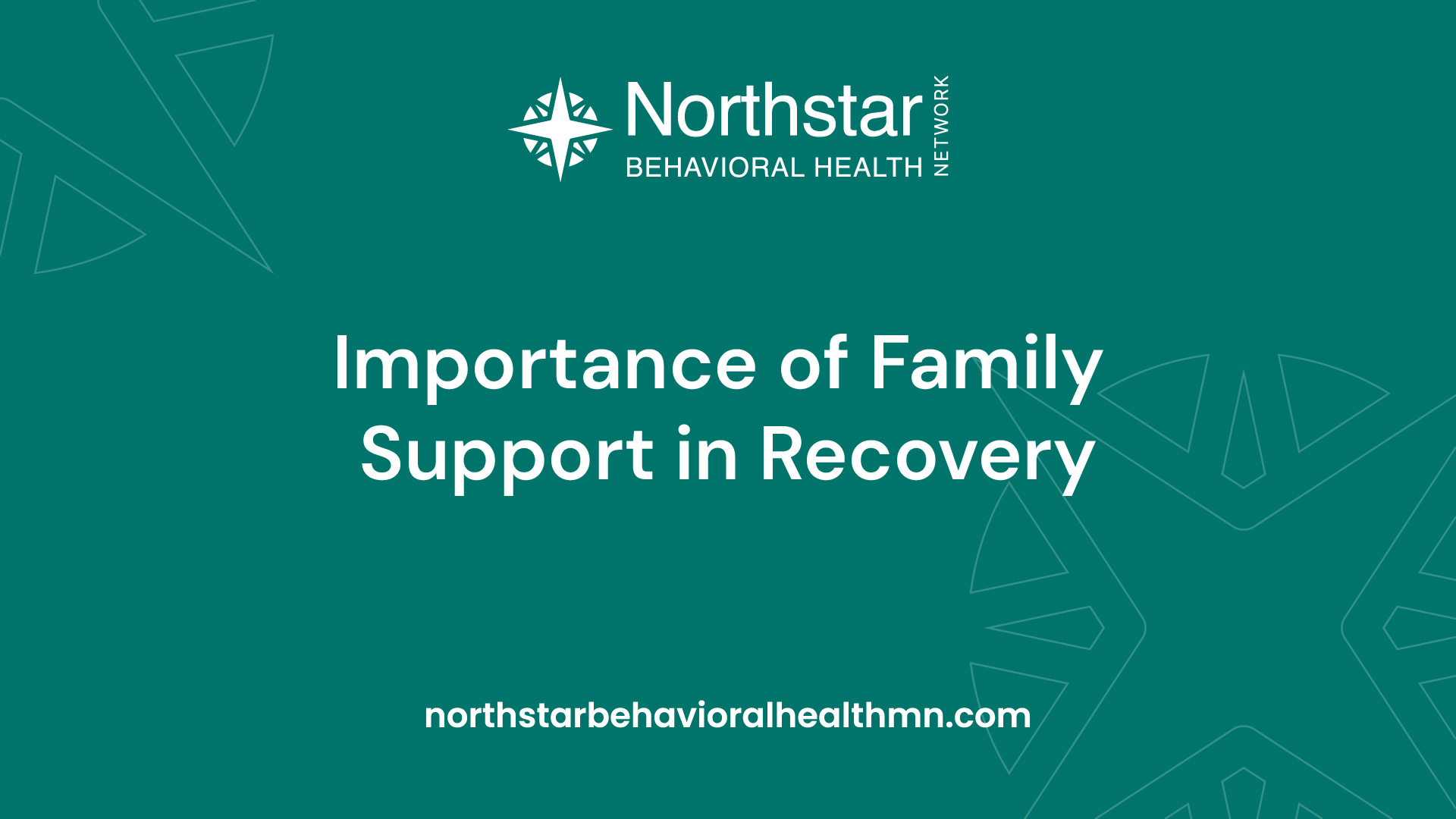
Family support plays a pivotal role in the recovery process. When individuals feel backed by their loved ones, they are more likely to seek help and remain committed to their recovery journey. Supportive family members can provide encouragement, accountability, and a sense of belonging.
Research indicates that individuals in recovery who have strong family support networks are more likely to achieve long-term sobriety. Here are the benefits of family involvement in recovery:
- Emotional Support: Helps reduce feelings of isolation and loneliness.
- Accountability: Encourages individuals to stick to their recovery goals.
- Improved Communication: Fosters healthier interactions among family members.
- Shared Responsibility: Distributes the burden of care and support among family members.
For more information on how family dynamics can affect recovery, check out our article on good news for treating opioid dependence. By understanding the importance of family support, individuals can create an environment that nurtures healing and growth.
Healing Together
Healing from addiction is not just a personal journey; it involves the entire family. By engaging in family therapy and counseling, families can work together to address the challenges posed by addiction. Building healthy communication channels is crucial for fostering understanding and support among family members.
Family Therapy and Counseling
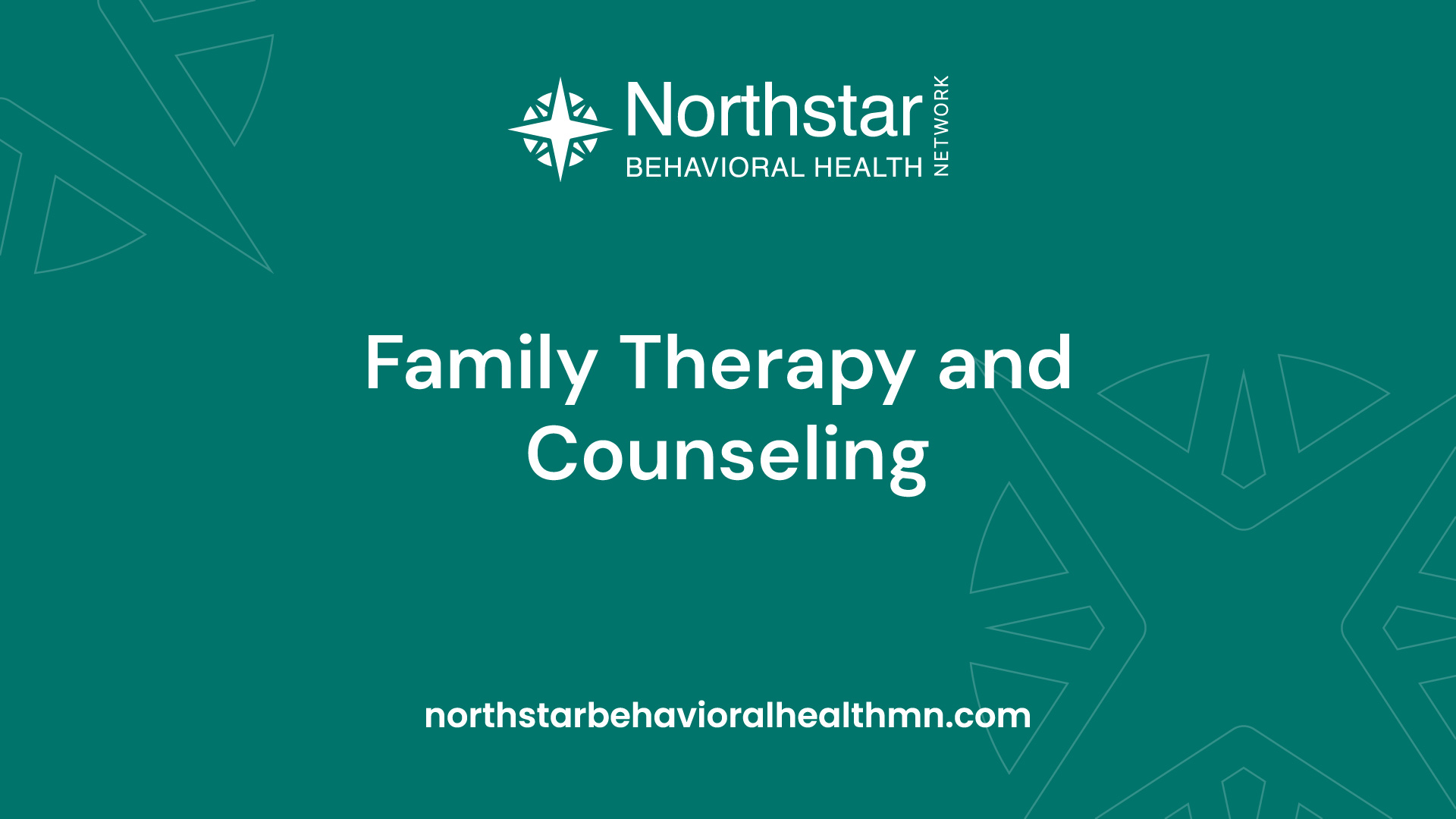
Family therapy provides a safe space for family members to express their feelings and concerns regarding addiction. This type of counseling focuses on improving relationships and helping families understand the impact of addiction on their dynamics. Therapists guide families through discussions that can reveal underlying issues and promote healing.
Benefits of family therapy include:
- Improved Communication: Family members learn effective ways to communicate their feelings.
- Enhanced Understanding: Everyone gains insight into the addiction and its effects on the family unit.
- Conflict Resolution: Therapy provides tools to resolve conflicts that arise due to addiction.
- Strengthened Relationships: Families can rebuild trust and connection through shared experiences.
Family therapy can be a transformative experience, helping individuals recognize that "addiction is a family disease." It encourages collective healing and strengthens the support system essential for recovery. For more insights, check out Chris Herren’s “REBOUND”: A Journey of Overcoming Drug Addiction.
Building Healthy Communication Channels
Effective communication is key to overcoming the challenges of addiction. Families should work together to establish open and honest dialogues. This involves actively listening and validating each other's feelings, creating an environment where everyone feels heard and respected.
Some strategies for building healthy communication include:
- Regular Family Meetings: Set a time each week to discuss feelings and updates on recovery progress.
- Active Listening: Encourage each member to listen without interruption, showing empathy and understanding.
- Positive Reinforcement: Acknowledge each other's efforts and achievements in the recovery journey.
- Expressing Emotions: Encourage family members to share their feelings in a constructive manner.
By fostering open lines of communication, families can better navigate the complexities of addiction and support each other on their paths to recovery. This approach not only helps in healing but also empowers individuals to take charge of their lives. For additional resources on understanding family dynamics in addiction, explore our article on six common roles of the family members of addicts.
Education and Awareness
Understanding addiction is vital for both individuals struggling with it and their families. Education about the signs of addiction and available resources can empower families to support their loved ones effectively.
Understanding the Signs of Addiction
Recognizing the signs of addiction can be challenging, but early identification can lead to timely intervention. Common indicators may include significant changes in behavior, mood swings, neglecting responsibilities, and physical symptoms.
Signs of Addiction & Description:
- Changes in Appearance: Neglecting hygiene or physical health.
- Social Withdrawal: Avoiding family and friends.
- Mood Swings: Extreme highs and lows.
- Decline in Performance: Poor performance at work or school.
- Secretive Behavior: Hiding activities or possessions.
- Legal Trouble: Issues with the law.
For more information on how to support a loved one, refer to our article on six common roles of the family members of addicts.
Providing Resources for Family Members
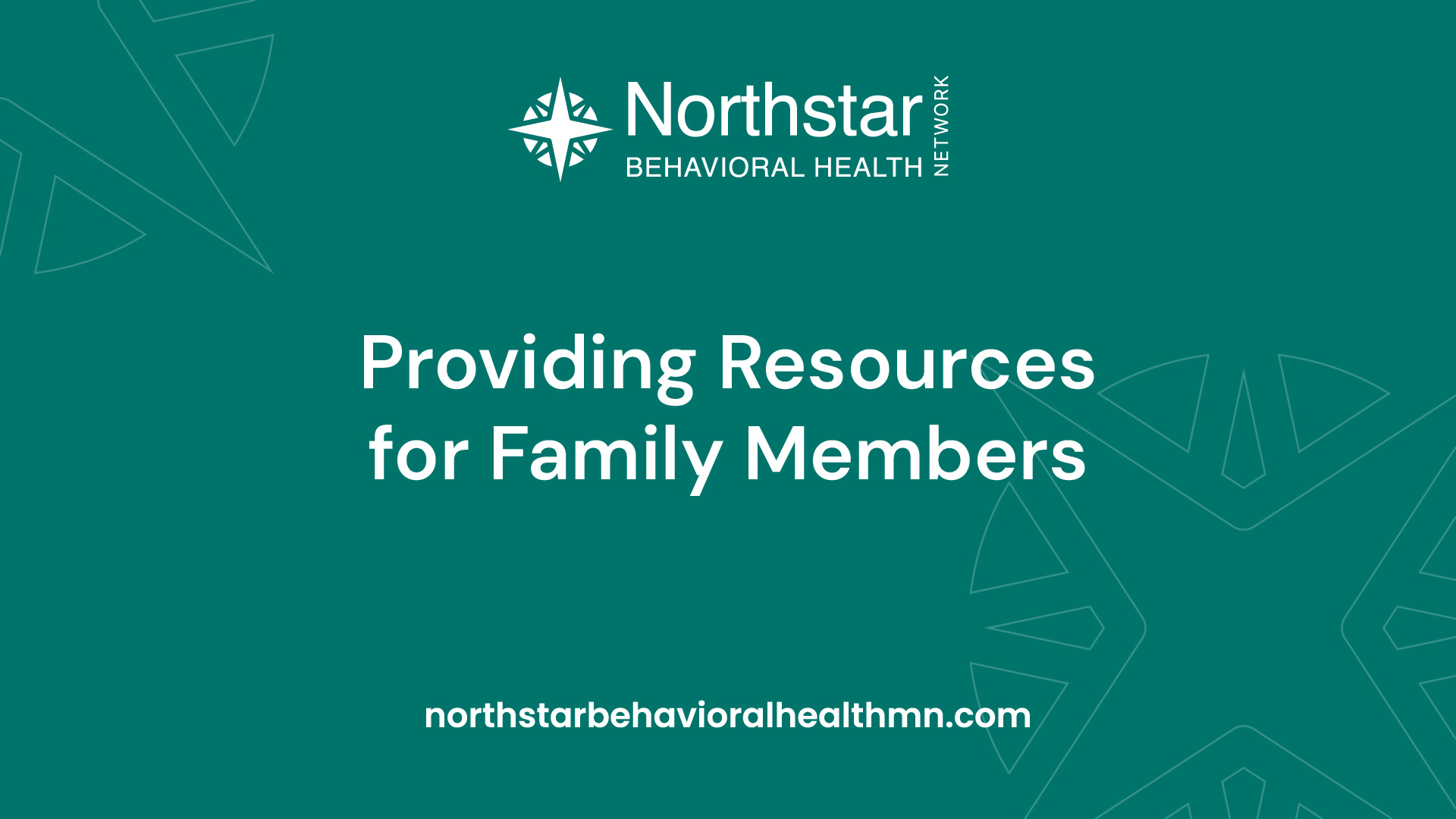
Families often need guidance and support to navigate the complexities of addiction. Several resources can aid them in understanding addiction and its effects on family dynamics.
Resource Type & Description:
- Support Groups: Groups like Al-Anon provide community support for families.
- Educational Workshops: Workshops that educate about addiction and recovery processes.
- Counseling Services: Professional counseling to help families cope and communicate effectively.
- Literature: Books and articles on addiction and recovery, including Chris Herren’s “REBOUND”: A Journey of Overcoming Drug Addiction.
These resources can be crucial for families seeking to understand and support their loved ones. They provide a platform for learning and sharing experiences, helping families to feel less isolated in their struggles. Understanding that addiction is a family disease is essential for the healing process, making it vital for families to educate themselves and seek help.
Self-Care for Families
When dealing with the challenges of addiction, family members must prioritize their own well-being. Learning effective coping strategies and establishing boundaries can create a healthier environment for everyone involved.
Coping Strategies for Family Members
Family members often feel a wide range of emotions when supporting a loved one struggling with addiction. Implementing coping strategies can help manage these feelings and promote emotional resilience.
Coping Strategy & Description:
- Open Communication: Encourage honest discussions about feelings and concerns without judgment.
- Support Groups: Join support groups for families of individuals with addiction to share experiences and gain insights.
- Mindfulness Practices: Engage in mindfulness techniques, such as meditation or yoga, to reduce stress and anxiety.
- Regular Exercise: Participate in physical activities to boost mood and improve overall health.
- Seeking Professional Help: Consider therapy or counseling for individual support and guidance.
For more detailed insights, visit our article on six common roles of the family members of addicts.
Setting Boundaries and Seeking Help
Establishing clear boundaries is essential for family members. It helps protect their emotional health while supporting their loved one. Setting boundaries can include limiting the types of behaviors tolerated or deciding when to step back during difficult moments.
Boundary Type & Purpose:
- Emotional Boundaries: Protect feelings from being overwhelmed or manipulated.
- Behavioral Boundaries: Define acceptable and unacceptable actions regarding the loved one's addiction.
- Physical Boundaries: Determine how much time and energy to invest in the relationship.
Additionally, seeking help from professionals or support networks can provide families with tools and resources to navigate their unique challenges. This support is crucial in maintaining a balanced approach to recovery. For more resources, explore our article on good news for treating opioid dependence and four important things about relapse.
By focusing on self-care, families can better support their loved ones while ensuring their own mental and emotional well-being remains intact.
Moving Forward
Supporting Each Other's Recovery Journeys
Recovery from addiction is not just an individual journey; it involves the entire family. Each member plays a crucial role in supporting the recovery process. Open communication and understanding can create an environment that fosters healing. Family members should encourage one another, celebrate achievements, and work through challenges together.
Here are some ways families can support each other during recovery:
- Attend Support Meetings Together: Family members can participate in support groups like Al-Anon to gain insights and share experiences.
- Set Shared Goals: Establishing collective recovery goals can strengthen unity and motivation within the family.
- Celebrate Milestones: Recognizing and celebrating recovery milestones can boost morale and reinforce positive behaviors.
- Encourage Healthy Activities: Engaging in positive activities together, such as exercise or hobbies, can strengthen bonds and provide distraction from cravings.
Understanding that addiction is a family disease means recognizing that each member has feelings and experiences that are valid. Utilizing resources and support systems can enhance the recovery experience for everyone involved. For more insights, consider exploring Chris Herren’s “Rebound”: A Journey of Overcoming Drug Addiction.
Embracing Hope and Resilience
Hope and resilience are key components in overcoming addiction as a family. Families should focus on fostering a positive outlook, understanding that setbacks can occur, but they do not define the recovery journey.
Resilience can be built through:
- Open Discussions: Regular family meetings to talk about recovery can help everyone feel included and heard.
- Learning Together: Engaging in educational sessions about addiction can help families understand the disease better.
- Practicing Forgiveness: Encouraging an atmosphere of forgiveness can help heal past wounds, fostering a stronger family bond.
- Seeking Professional Help: Consulting professionals for family therapy can provide tools for better communication and understanding.
Families should embrace the belief that healing is possible. By supporting one another and maintaining a hopeful attitude, families can navigate the challenges of addiction together. For more strategies on this journey, check out our article on four important things about relapse.

.jpg)




.jpg)

